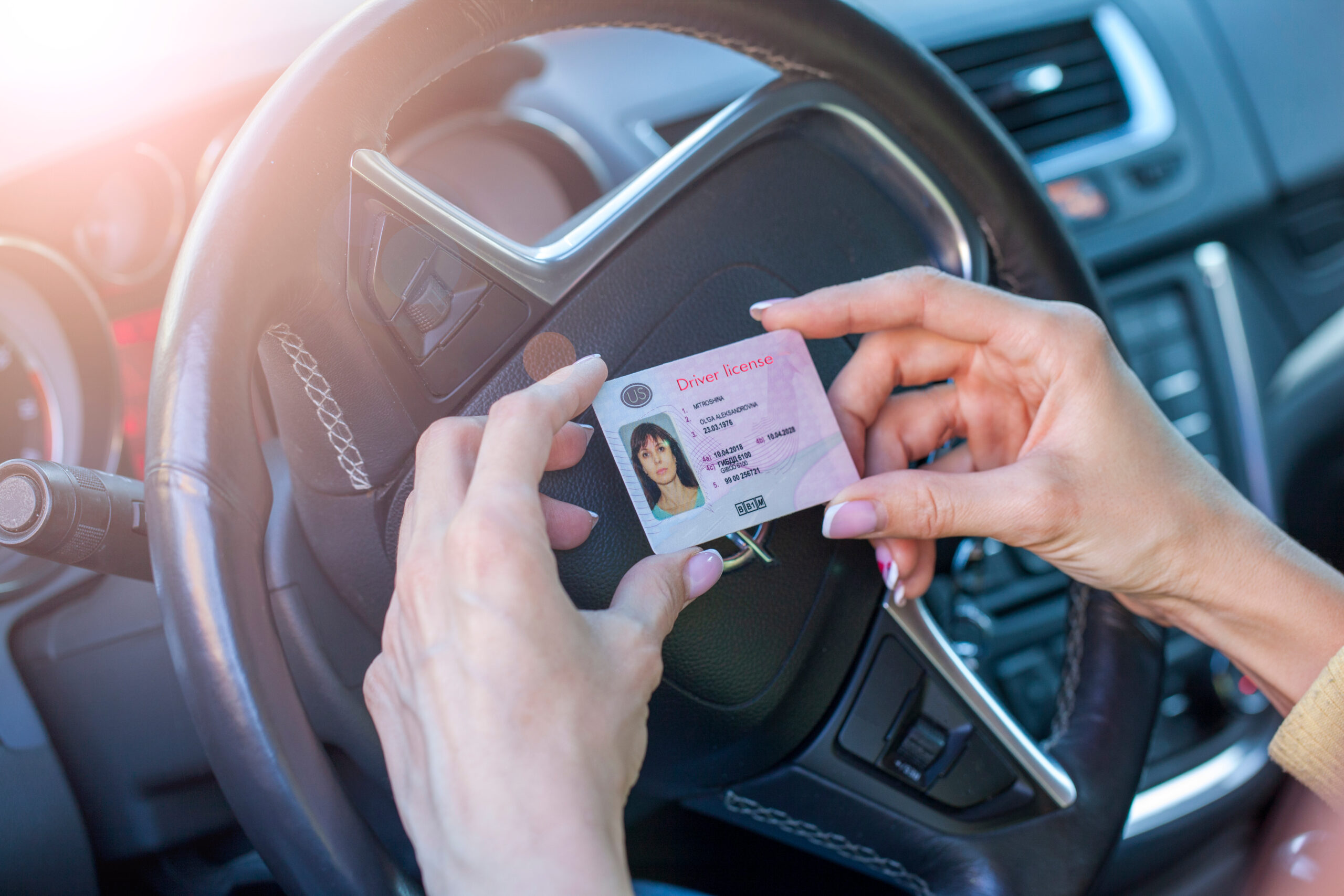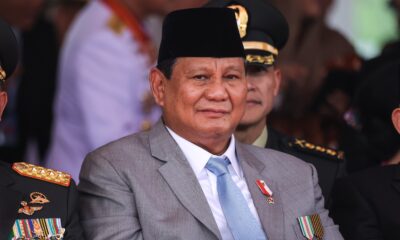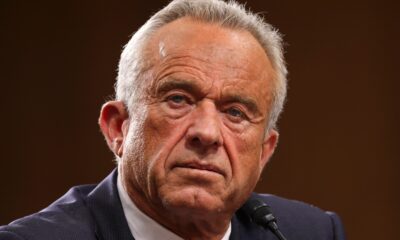Wisconsin’s Controversial Debate Over Driver’s Licenses

The battle in presidential battleground state Wisconsin over whether to issue driver’s licenses to illegal migrants has intensified recently. Out-of-state funding is supporting radical activists to pressure local governments and moderate Republicans into providing support for the plan. Milwaukee’s Democrat-run board of supervisors has recently endorsed this move, sparking a fierce debate across the state.
Critics argue that granting driving privileges to illegal aliens risks undermining the rule of law and public safety. They point to recent events where illegal migrants, lacking proper documentation and understanding of driving laws, have caused accidents, posing a severe threat to road safety. They cite a recent incident in Rusk County, where a migrant who illegally entered the U.S. caused a fatal accident.
Proponents, however, present a different perspective. They argue that Wisconsin’s economy, particularly its vital dairy industry, relies heavily on undocumented workers. Despite contributing significantly to the local economy, these individuals face immense challenges in their daily lives due to the lack of legal driving privileges. According to reports, this lack of mobility isolates workers and strains local judicial systems with an influx of cases related to driving without a license.
The push for these changes has seen some support from unexpected quarters, with figures like GOP state Rep. Patrick Snyder acknowledging the potential economic fallout should these workers be removed. Yet, this stance faces opposition within his party, highlighting the deep divide.
The debate extends beyond Wisconsin’s borders. Nineteen blue states have enacted laws that permit illegal migrants to obtain driver’s licenses. Critics argue that allowing illegals to receive official state documents could lead to unintended consequences. With official identification, non-citizens might illegally vote or obtain public benefits they should not.
At the heart of this controversy is the broader national discourse on immigration and border security. Advocates like Daniel Garza criticize the Biden administration for its perceived laxity, arguing that it has eroded the integrity of the U.S. immigration system. Meanwhile, groups like Voces De La Frontera, heavily funded by external sources, continue to advocate for policies that, according to opponents, encourage illegal immigration and undermine federal law.
Wisconsin finds itself at a crossroads, reflecting a nation divided. The push for driver’s licenses for illegal immigrants is more than a local legislative issue; it is a symbol of the more significant, ongoing battle over America’s identity, values, and future. As discussions continue and more states contemplate similar legislation, the outcome of Wisconsin’s debate may signal a significant shift in the national conversation on immigration and civic responsibility.
























